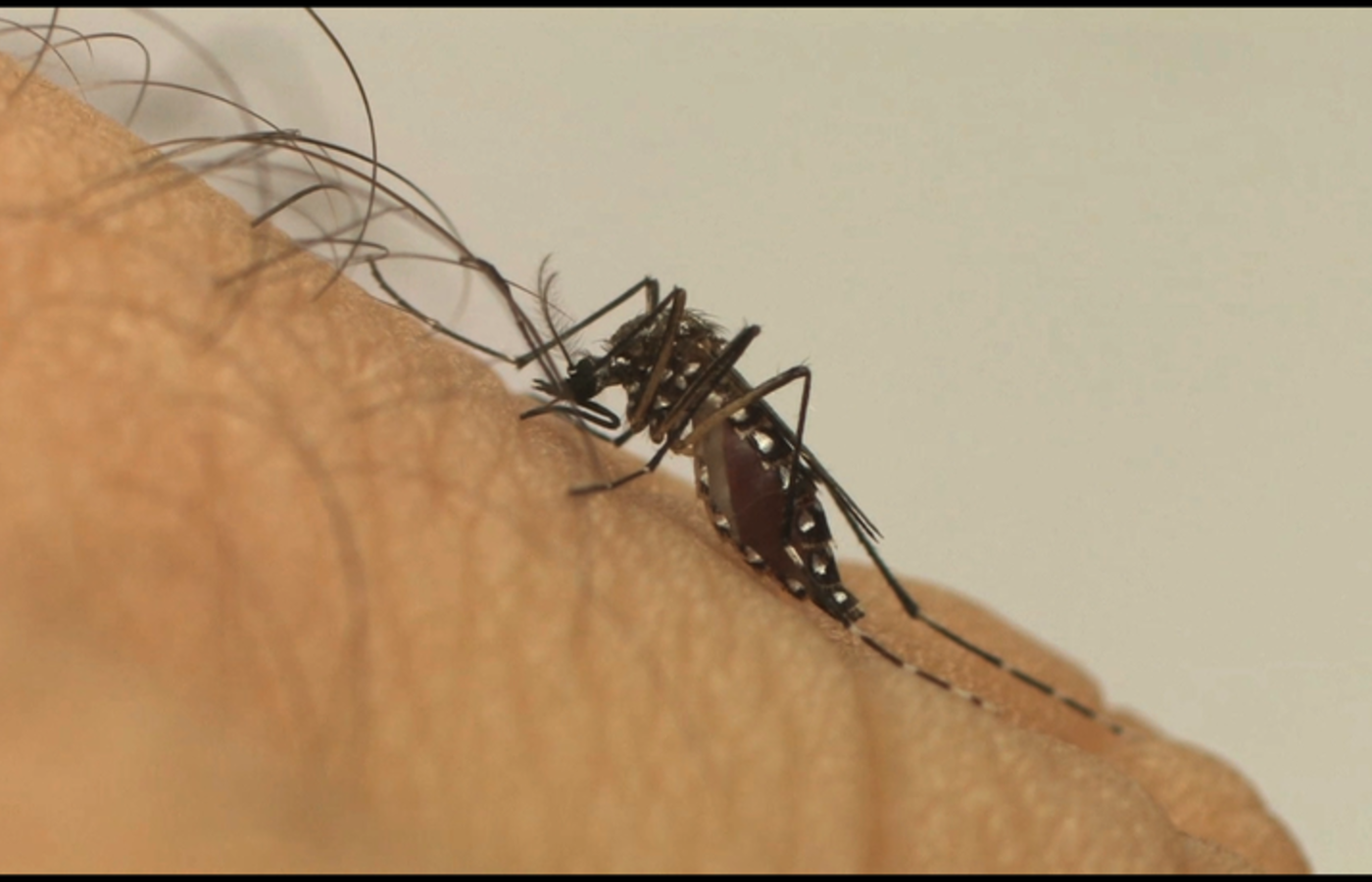Your browser does not support HTML5 audio
Audio (02:58s)
The increase in dengue cases this year has put 288 municipalities, in 6 states, into a state of emergency due to arbovirus. Information taken from the Ministry of Integration and Social Development (MIDR). Brazil has so far recorded about 2.7 million probable cases of dengue fever and more than a thousand deaths linked to this disease.
According to data from the Ministry, the federal executive body responsible for recognizing the state of emergency, there are 246 municipalities in the state of Goiás, 23 in Paraná, 3 in Amapa, 11 in Rio Grande do Sul, 3 in Minas Gerais, and 2 in Minas Gerais. Santa Catarina.
In Goiás, the National Civil Defense declared a state of emergency throughout the state due to the increase in cases. According to the latest bulletin issued by the Goiás State Ministry of Health80.3 thousand cases were recorded this year. To date, there are 118 deaths under investigation. During this period, there were more than 1,900 hospitalizations due to the disease in hospitals belonging to the Goiás State Ministry of Health network.
actually Parana recorded about 45,000 reports and 23.3,000 confirmed cases of dengue fever in one week., according to the latest weekly report issued by the State Department of Health (SESA). Also according to the bulletin, the state's 399 municipalities have already registered dengue notifications and 389 confirmed cases.
Since July 30 last year, Paraná state has recorded 351,000 notifications and 77 deaths. These deaths occurred in 36 municipalities, such as Cascavel, Londrina and Maringa.
Infectious disease specialist Larissa Tiberto attributes the high rates of dengue fever to increased rainfall, high temperatures, and a lack of control over mosquito reservoirs. She stresses that vaccination against dengue fever is important to prevent serious cases of the disease.
“Other ways to avoid serious forms of the disease are: drink plenty of water, rest, do not take NSAIDs, and the main thing is to clean and remove potential areas of water accumulation in the house, repellents, and screens on the windows. To protect against an insect bite.”
vaccination
In April, the Ministry of Health received another 930,000 doses of dengue vaccine, intended for the 521 municipalities already selected and another 165 newly included municipalities. According to the ministry, the selection of new municipalities followed criteria such as large size, population of more than 100,000 people, high incidence of dengue fever in the past decade and the dominance of the DENV-2 serotype, in addition to the number of cases in the country. Period 2023/2024. Vaccination is currently focusing on young people aged 10 to 14 years, as this is the age group with the highest rate of hospitalization for dengue fever.
Alison Coutinho, 23, a physical therapy student and resident of Caldas Novas – GO, says that when he contracted dengue fever, he felt severe headaches, body aches and a high fever. He states that to prevent the spread of mosquitoes, he places sand in plant pots to prevent water accumulation.
Allison says he intends to take the dengue vaccine as soon as possible. “I think it is very good to prevent people from getting infected, and if you get it or get infected, be more relaxed, because the body will already be more accustomed to the virus. Therefore, I think it is very useful and necessary for our population.”
Other types of arboviruses
Regarding possible cases of Zika and Chikungunya, 3,600 and 122,216 cases were recorded, respectively. As for deaths, there are no records due to Zika, while chikungunya has resulted in 49 confirmed deaths, with 83 others still under investigation.
See more:
Brazil is recording signs of a decrease in the number of cases of severe acute respiratory syndrome
In Brazil, there are more than 540,000 workers with disabilities in the labor market

“Wannabe internet buff. Future teen idol. Hardcore zombie guru. Gamer. Avid creator. Entrepreneur. Bacon ninja.”

